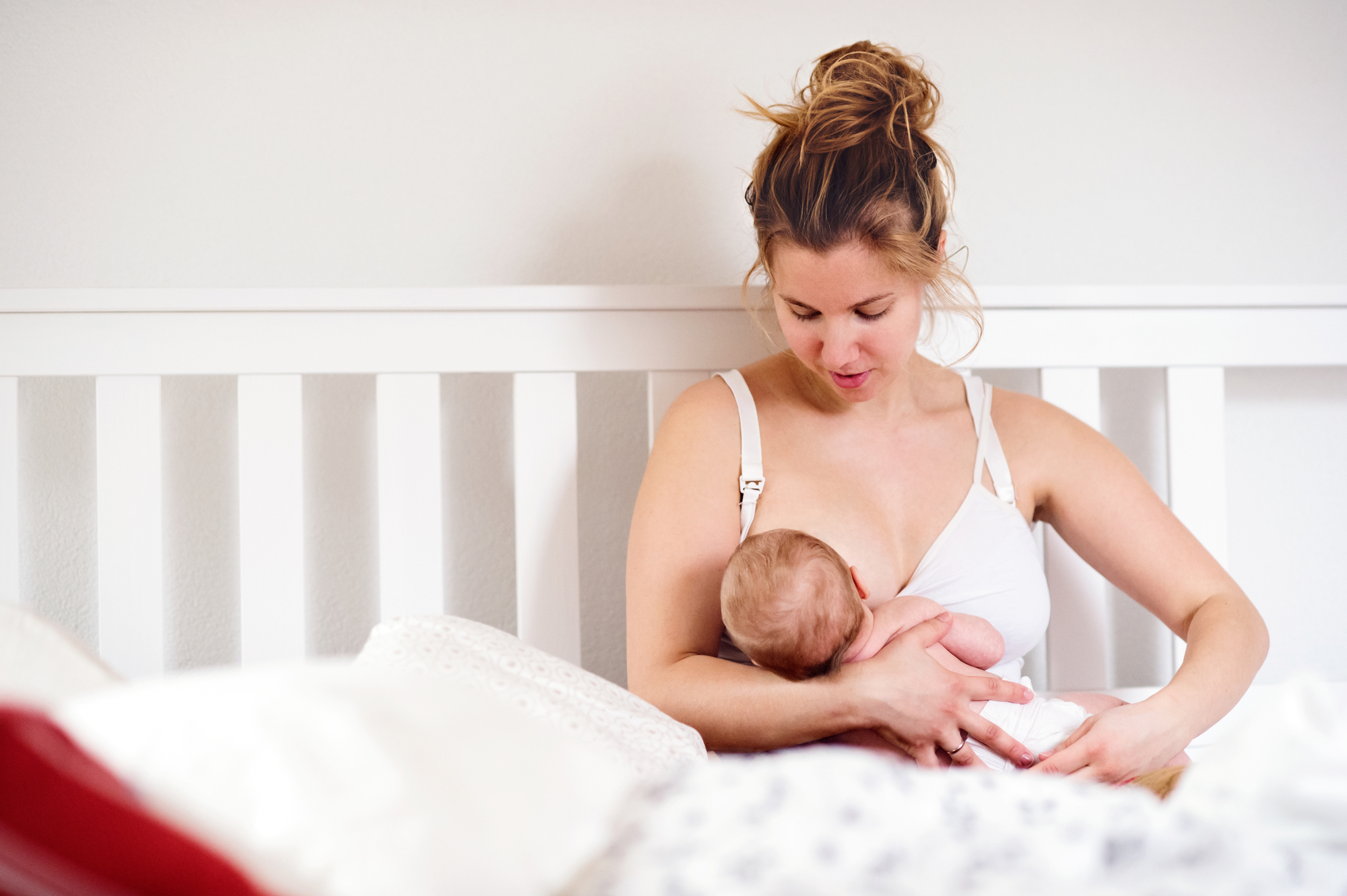As a clinical nutritionist working with women through reproductive health, fertility, pregnancy and postpartum, I’m often asked about breastfeeding! Here are the answers to 5 common breastfeeding questions.
Do you need extra calories when breastfeeding?
Yes! The production of breast milk takes a significant toll on the body. It also contains a lot of energy (in the form of calories) for your growing baby. The additional calories needed though is affected by age, BMI, activity level and the extent of breastfeeding (exclusively breastfeeding versus breastfeeding and formula feeding), so there’s no one-size-fits-all. In Australia, the current recommendation is to consume an additional 2.0–2.1 megajoules per day while breastfeeding.
Can you lose weight while breastfeeding?
It’s very normal to gain during pregnancy, and while you might be itching to get back to your pre-pregnancy weight, weight loss after pregnancy can vary greatly. The good news is, you can lose weight while breastfeeding – provided it’s done safely to not affect your milk supply.
Even though making breastmilk uses a lot of energy, research is unclear whether breastfeeding helps weight loss. However, if you exclusively breastfeed your baby until around 6 months and keep breastfeeding for 12 months or more, it may help your weight loss a little.
If you haven’t returned to your pre-pregnancy weight as quickly as you would like, ensuring you’re meeting your nutritional needs for your milk supply is important. Crash or fad diets and weight loss shakes don’t have a good balance of important nutrients for you and your baby and can impact your milk supply. You need to ensure you’re meeting your nutritional requirements, correcting any nutritional deficiencies, balancing your blood glucose levels and supporting your gut microbiome. If you feel you need to lose a lot of weight or lose weight more quickly, ask a clinical nutritionist for advice on weight loss while breastfeeding.
What foods do I need to avoid while breastfeeding?
There is very little evidence of foods to avoid while breastfeeding unless your baby reacts to what you’re eating. From about 16 weeks gestation, your baby has been tasting all the food you’ve been eating through the amniotic fluid, so there’s no need to avoid that spicy curry!
Awareness of safe caffeine and alcohol consumption while breastfeeding however is important, although it doesn’t need to be avoided completely.
What foods increase breastmilk supply?
While some people believe particular foods or teas have helped their milk supply, there is no conclusive evidence this is the case. However, it is important to eat enough and drink enough water while breastfeeding as this will impact your milk supply! If you have concerns about your milk supply, it is best to see a lactation consultant who can advise on position, latch, optimal skin-to-skin time and your pumping or feeding schedule before making changes to your diet.
What supplements should I be taking while breastfeeding?
The current recommendation is to continue taking your prenatal vitamin whilst breastfeeding. It is important to take a high-quality prenatal vitamin suitable to your needs, as they’re not all created equally! And everyone has different needs depending on your nutrient levels, any symptoms you’re experiencing and your genetics. High-quality prenatal vitamins contain the nutrients you need in the required dosages and in a form that is absorbable by the body. If you need advice on prenatal vitamins or other supplements, feel free to contact Court at Court Garfoot Nutrition.
The original article can be viewed here.








